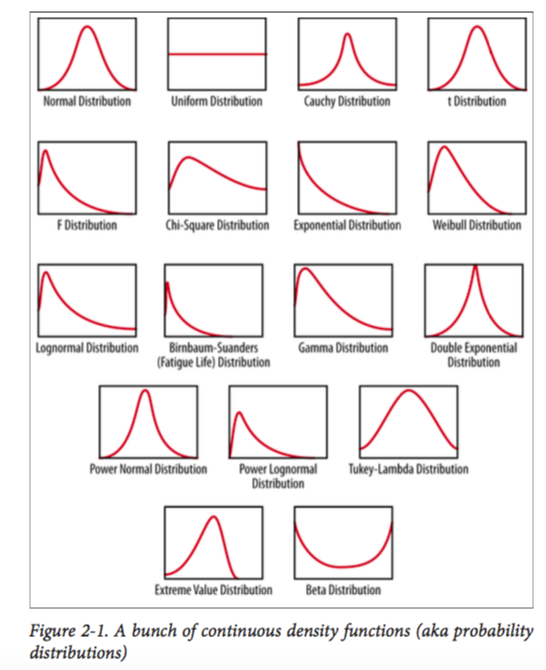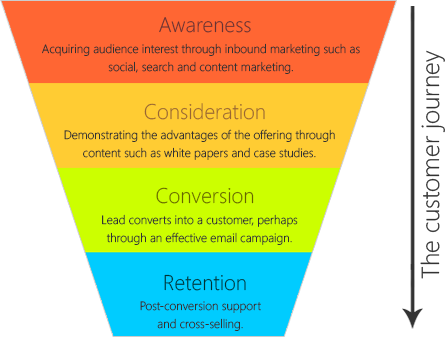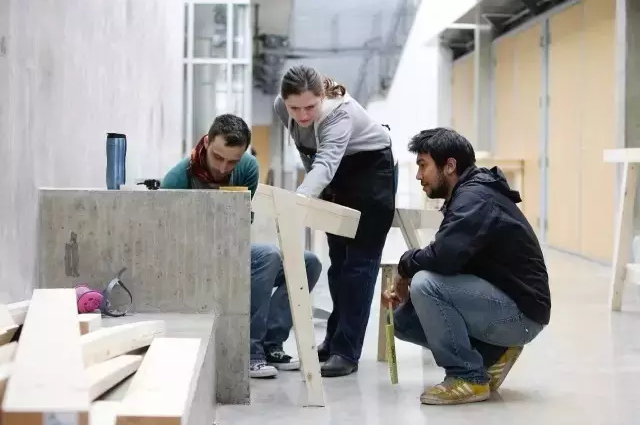Early 2016, I had an opportunity to introduce web analytics to a group of business executives in the company. I just took my new role as digitisation evangelist and was eager to build up my credits. The meeting room was filled with suited up Korean managers in their late 50s. Everything was still, without a single sound, move, or even facial expression. I smiled mildly, desperate to break the ice. While the lack of feedback only made the situation more awkward.
Despite the embarrassing atmosphere, I was well prepared. I started with a humorous story featuring the challenge of digital marketers, followed by a brief introduction about web analytics. Then I explained in detail different problems that web analytics can solve, accompanied by report samples which I’ve collected from the real data. After comparing different techniques and tools, I completed the presentation with an adoption plan and monthly roadmap. The presentation which took me one month to prepare was, to my standard, perfect. But guess what?
The room was silent, but not in a good way. All the managers stared at me as if I was some alien monkey, and finally one said “So we can know how many customers click on those banners, right?”. I took twenty minutes to explained that although we can do that, the purpose of the web analytics is much more than tracking banners. Then the room fell into complete silence again. It was such a traumatising moment, but what happened later was even worse.
Months passed since my presentation. In every meeting that I assisted, I was still introduced as “The girl who tracks banner ads”, despite my endless effort correcting everyone that web analytics is not banner tracking. The concept -“banner tracking” unintentionally invited by this person was so strong that it defeated my one hour presentation with detailed explanation and rich demos. Why?
Because people want simplicity before they commit to complexity. For a business manager, who is new to web analytics, he doesn’t want to know a list of problems that can be solved, he doesn’t care how the reports look like, and he certainly doesn’t mind which tool to choose. What he needs is a single answer telling web analytics is. Unfortunately, I focused on providing a complicated answer that is true, instead of a simple answer that is useful. The poor audience who got completely lost caught the last straw – a misinterpreted concept proposed during the Q&A session.
As engineers, we have a tendency to make things complicated. Because when we see one part, we see the system. Especially we can imagine how this single part functions, or more frequently breaks down and crashes the whole system into pieces. We feel urges to warn people about the risks, to show them every possible way that a part can go wrong. Without realising it, we get carried away by this self-indulgent imagination, make people confuse, or worse, stagnate the execution.
It’s good that you can see the whole picture, but sometimes it’s better to keep the whole picture for yourself and only tell part of the story. Whenever you want to add more to an idea, think first.
Is it really relevant to what you want to do now?
What will happen if we tell this story another time?
Are people ready to listen to and understand it?
Does the information add enough value comparing to the harm that it will do to people’s comprehension of the idea, or people’s commitment to the execution?





